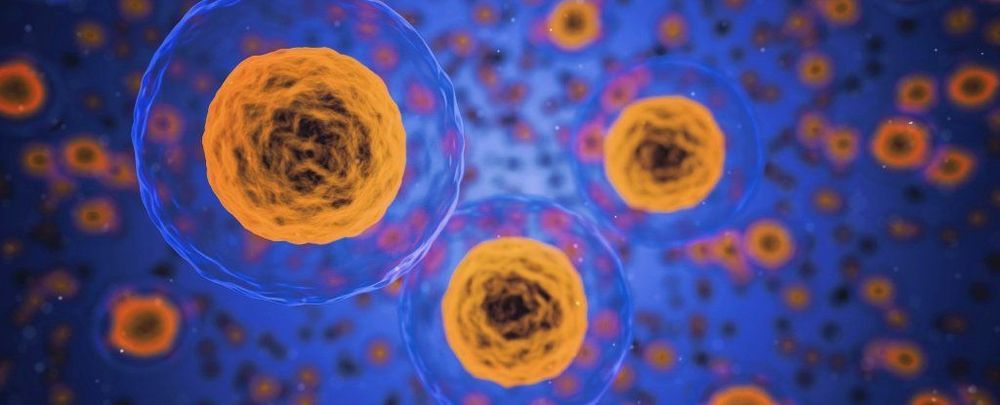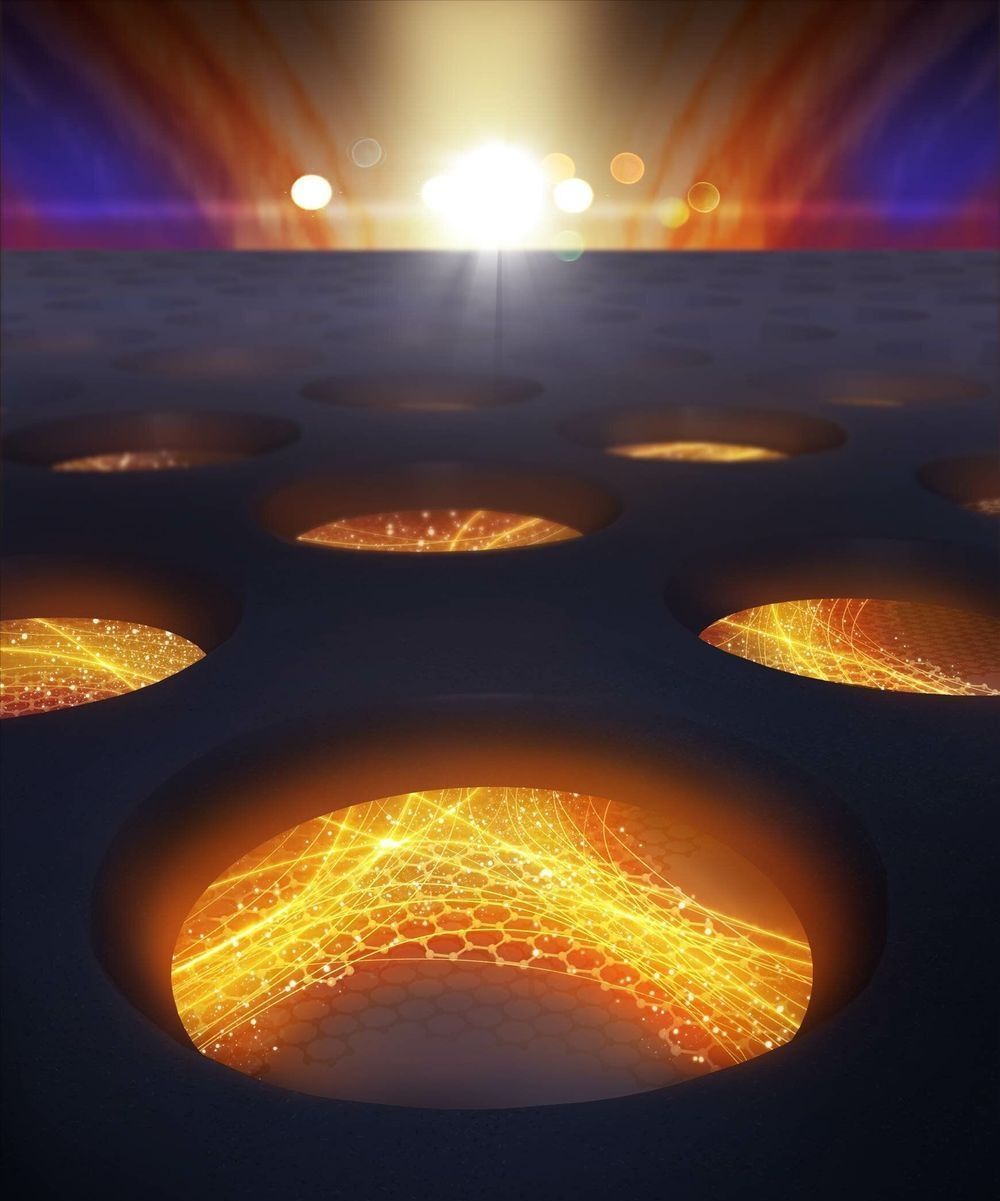Caveat: it’s only flavors are “bitter” and “salty”.



Eight-year-old George Madden is wandering the “Moving Beyond Earth” gallery of the Smithsonian’s National Air and Space Museum on a blustery day in February. Clad in an orange spacesuit, he is examining the artifacts—the main engine from the Space Shuttle, flight suits, a rotating chair from a 1992 Spacelab mission—and lingering near a display about space travel. He gazes up at words printed in large white text on the wall: “When I grow up, I want to be an astronaut.”
His father, 52-year-old Michael Madden, will soon make history as one of the first 1,000 people to travel to space. Madden is a paid customer of Virgin Galactic, one of six “future astronauts” in the crowd who will be among the first wave of passengers to be carried into space by SpaceShipTwo when the company begins its commercial flights, maybe as soon as before the end of the year. Madden and his son, along with other space aficionados, are in the museum for a donation ceremony. Sir Richard Branson, founder of the Virgin Group, and Enrico Palermo, president of the Spaceship Company, are turning over the hybrid engine that powered Virgin Galactic’s SpaceShipTwo, VSS Unity, on its first space flight on December 13, 2018.
The crowd hushes as Ellen Stofan, the director of the museum, steps to the podium. “SpaceShipTwo’s rocket motor is an exciting addition to the national collection of milestone spaceflight artifacts,” she says. “It is a unique piece of history that represents a new era in space travel and is sure to inspire the next generation of innovators and explorers.”

The insides of neutron stars—the densest form of matter in the universe—have long been a mystery, but it is one that scientists are starting to crack.

Something about political sports hooligans not caring about the truth, etc wink


Not all damaged cells die. Some stick around as senescent cells, unable to divide but still able to produce chemical signals — and they could play a major role in the battle against aging.
“It is thought that these cells and the substances they produce are involved in the process of aging,” longevity researcher Nicolas Musi from the University of Texas at Austin told MIT Technology Review.
“The idea is that removing these cells may be beneficial to promote healthy aging and also to prevent diseases of aging.”

For 15 years, scientists have tried to exploit the “miracle material” graphene to produce nanoscale electronics. On paper, graphene should be great for just that: it is ultra-thin—only one atom thick and therefore two-dimensional, it is excellent for conducting electrical current, and holds great promise for future forms of electronics that are faster and more energy efficient. In addition, graphene consists of carbon atoms – of which we have an unlimited supply.
In theory, graphene can be altered to perform many different tasks within e.g. electronics, photonics or sensors simply by cutting tiny patterns in it, as this fundamentally alters its quantum properties. One “simple” task, which has turned out to be surprisingly difficult, is to induce a band gap—which is crucial for making transistors and optoelectronic devices. However, since graphene is only an atom thick all of the atoms are important and even tiny irregularities in the pattern can destroy its properties.
“Graphene is a fantastic material, which I think will play a crucial role in making new nanoscale electronics. The problem is that it is extremely difficult to engineer the electrical properties,” says Peter Bøggild, professor atDTU Physics.

Circa 2011
Bill Andrews’s feet are so large, he tells me, that back when he was 20 he was able to break the Southern California barefoot-waterskiing distance record the first time he put skin to water. Then he got ambitious and went for the world speed record. When the towrope broke at 80 mph, he says, “they pulled me out of the water on a stretcher.”
The soles of the size-15 New Balances that today shelter those impressive feet strike a steady clap-clap on the macadam as Andrews and I lope down a path along the Truckee River that takes us away from the clutter of cut-rate casino hotels, strip malls and highway exit ramps that is downtown Reno, Nevada. Andrews, 59, is a lean 6-foot-3 and wears a close-cropped salt-and-pepper Vandyke and, for today’s outing, a silver running jacket, nicely completing a package that suggests a Right Stuff–era astronaut. He is in fact one of the better ultramarathoners in America. I am an out-of-shape former occasional runner, so it gives me pause to listen as Andrews describes his racing exploits. “I can run 100 miles, finish, turn around, and meet friends of mine on the course who are still coming in,” he says. “I’ve been in many races where I’m stepping over bodies of people who have collapsed, and I’m feeling great.”
“I want to cure my aging, my friends’ and family’s aging, my investors’ aging, and I want to make a ton of money,” Andrews says. His return to running after a middle-aged break was, he says, inspired by a revelation he had at a time when he and a small team of scientists at his biotech start-up, Sierra Sciences, had been working 14 to 18 hours a day in the lab for five years, rather obsessively pursuing a particular breakthrough. Finally, his doctor told him he was headed for an early grave. “I thought, god, I don’t want to cure aging and then drop dead,” Andrews says.